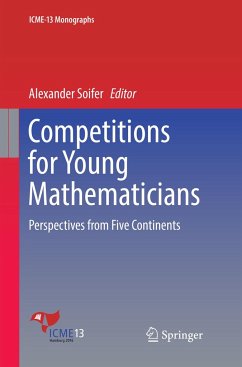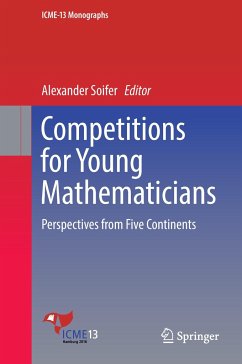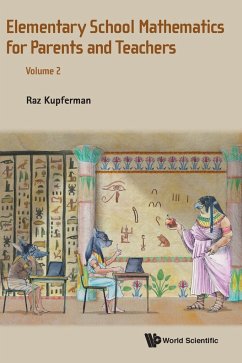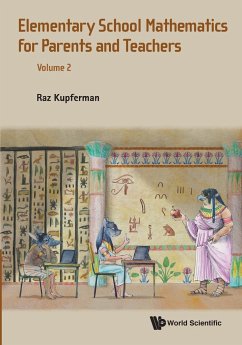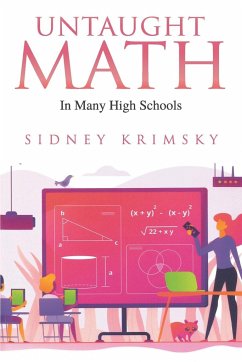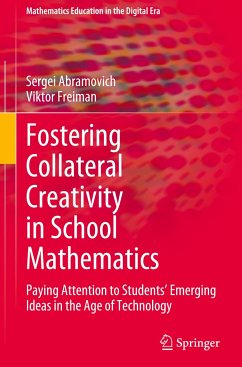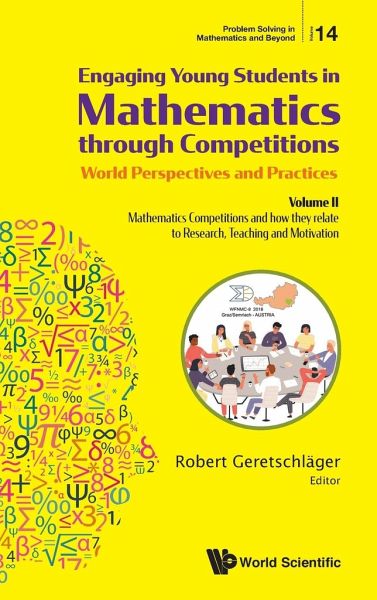
ENGAGING YOUNG STUDENT MATH (V2)
Versandkostenfrei!
Versandfertig in 1-2 Wochen
104,99 €
inkl. MwSt.
Weitere Ausgaben:

PAYBACK Punkte
52 °P sammeln!
The two volumes of "Engaging Young Students in Mathematics through Competitions" present a wide scope of aspects relating to mathematics competitions and their meaning in the world of mathematical research, teaching and entertainment. Volume II contains background information on connections between the mathematics of competitions and the organization of such competitions, their interplay with research, teaching and more. It will be of interest to anyone involved with mathematics competitions at any level, be they researchers, competition participants, teachers or theoretical educators. The var...
The two volumes of "Engaging Young Students in Mathematics through Competitions" present a wide scope of aspects relating to mathematics competitions and their meaning in the world of mathematical research, teaching and entertainment. Volume II contains background information on connections between the mathematics of competitions and the organization of such competitions, their interplay with research, teaching and more. It will be of interest to anyone involved with mathematics competitions at any level, be they researchers, competition participants, teachers or theoretical educators. The various chapters were written by the participants of the 8th Congress of the World Federation of National Mathematics Competitions in Austria in 2018.





